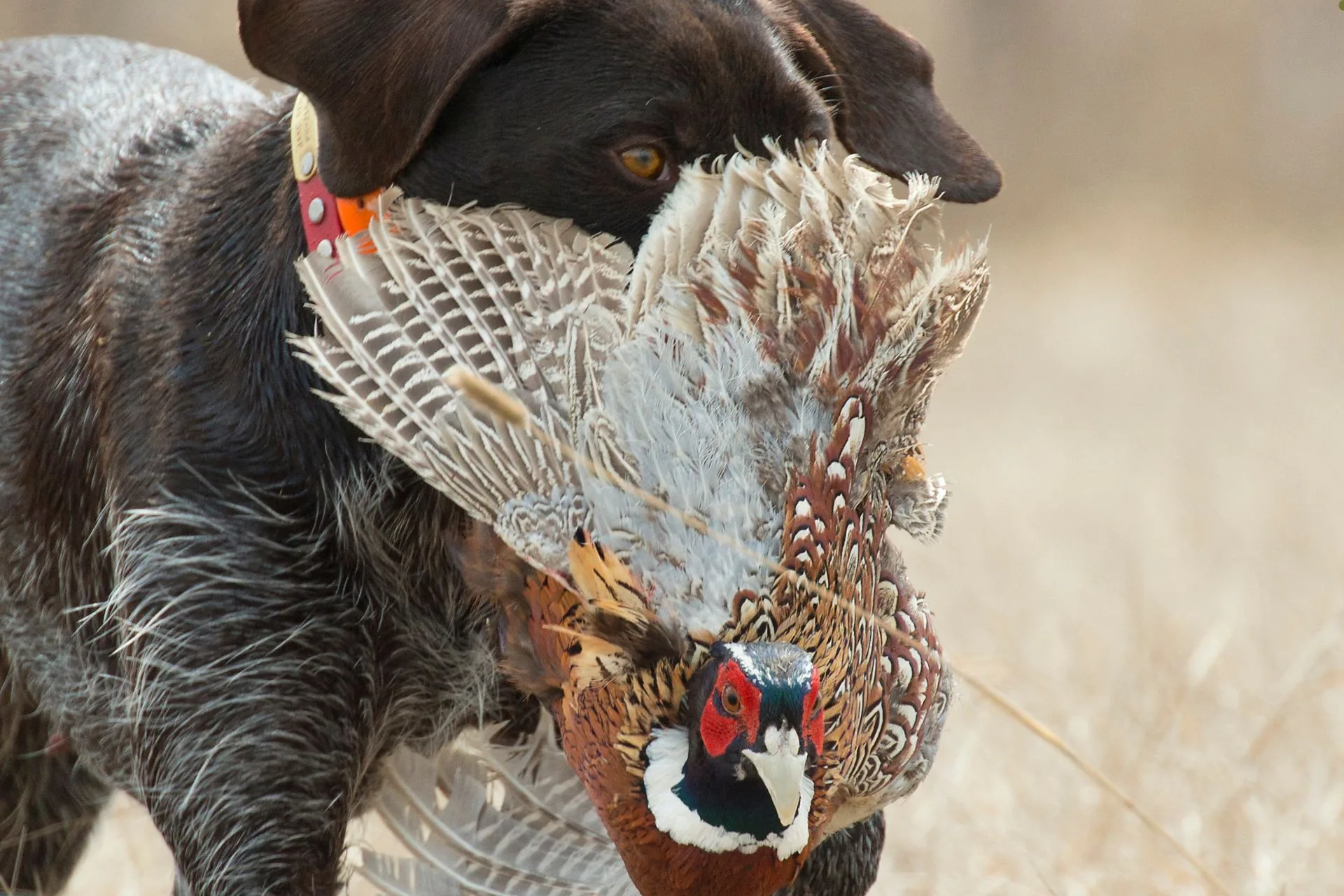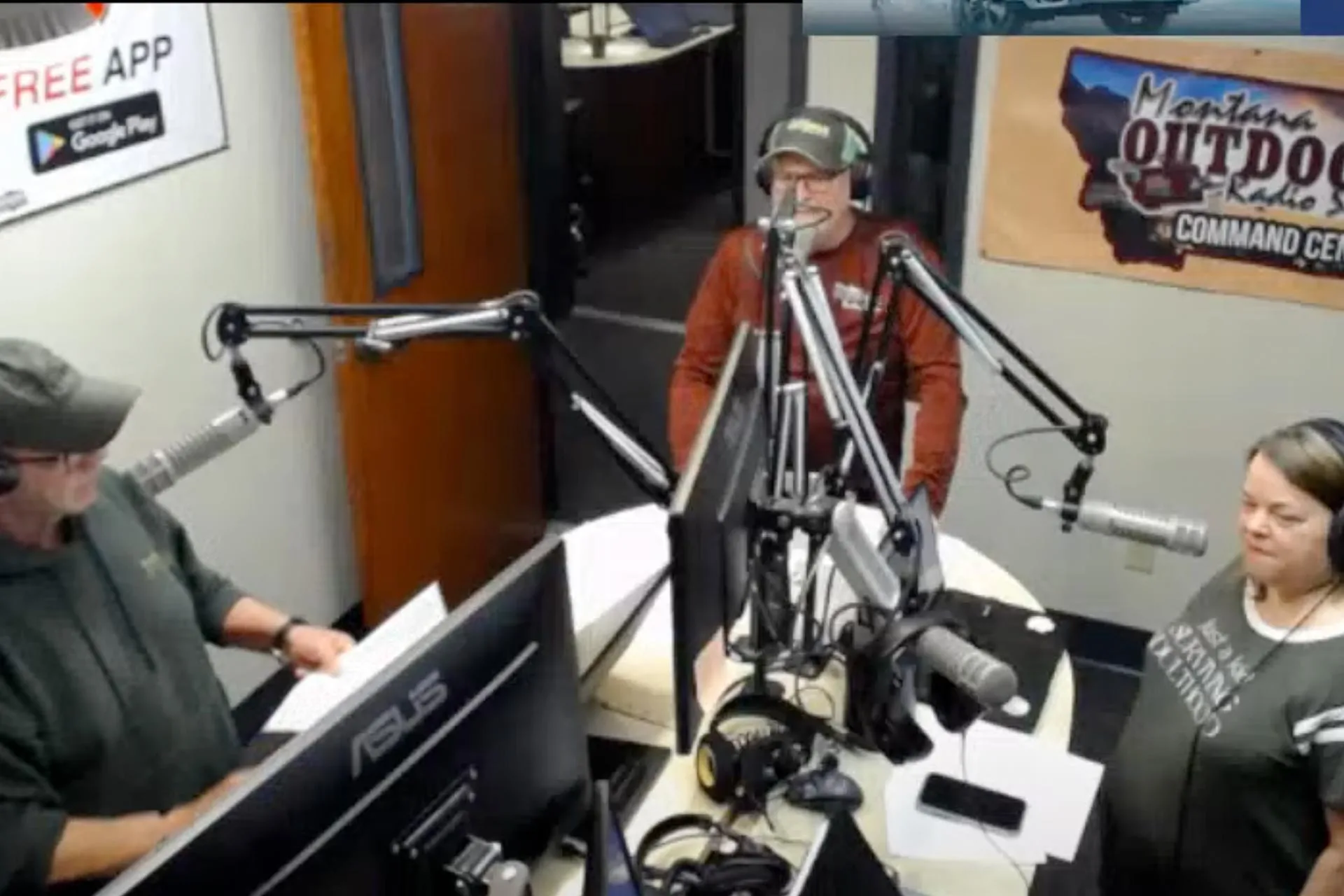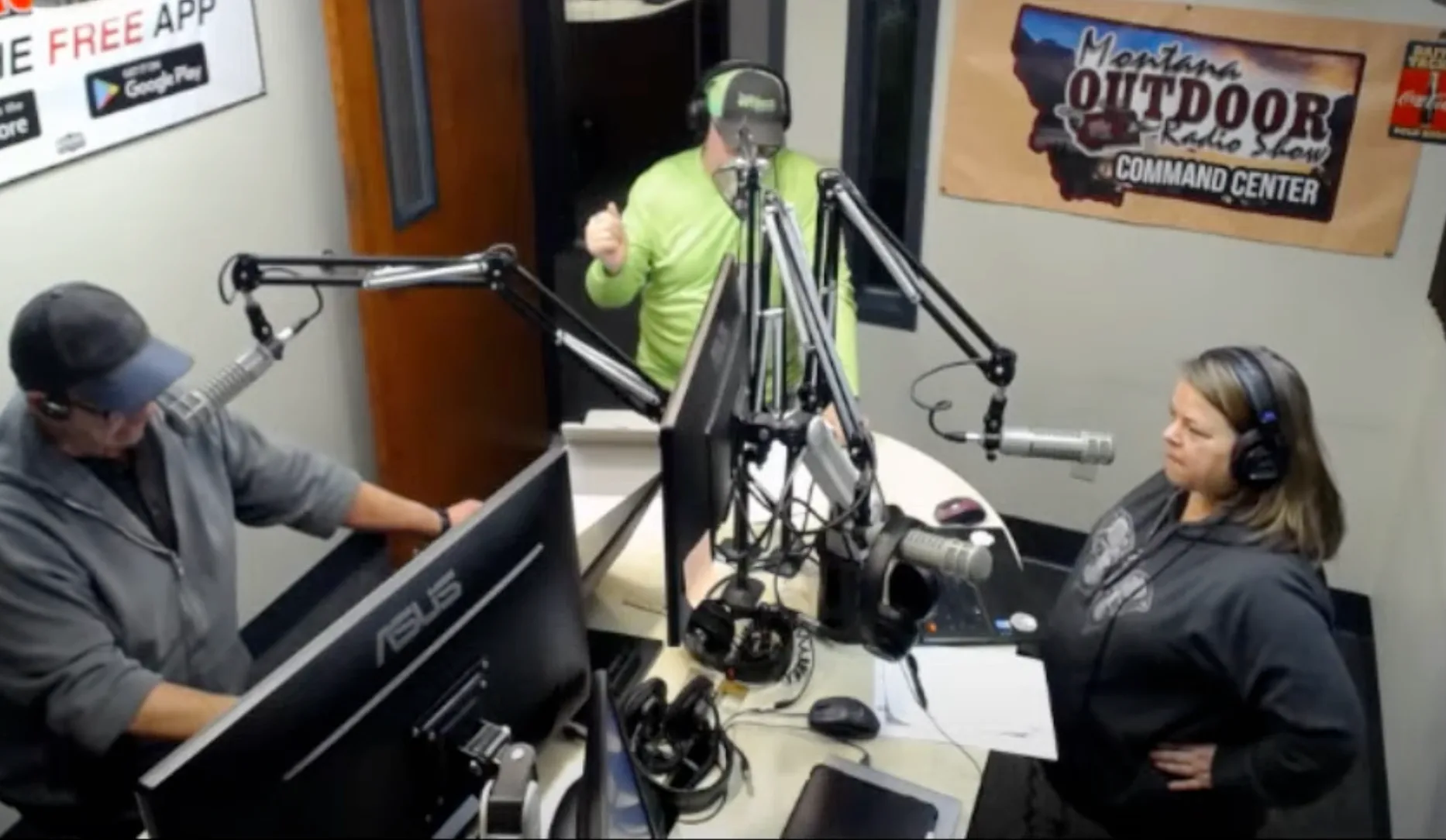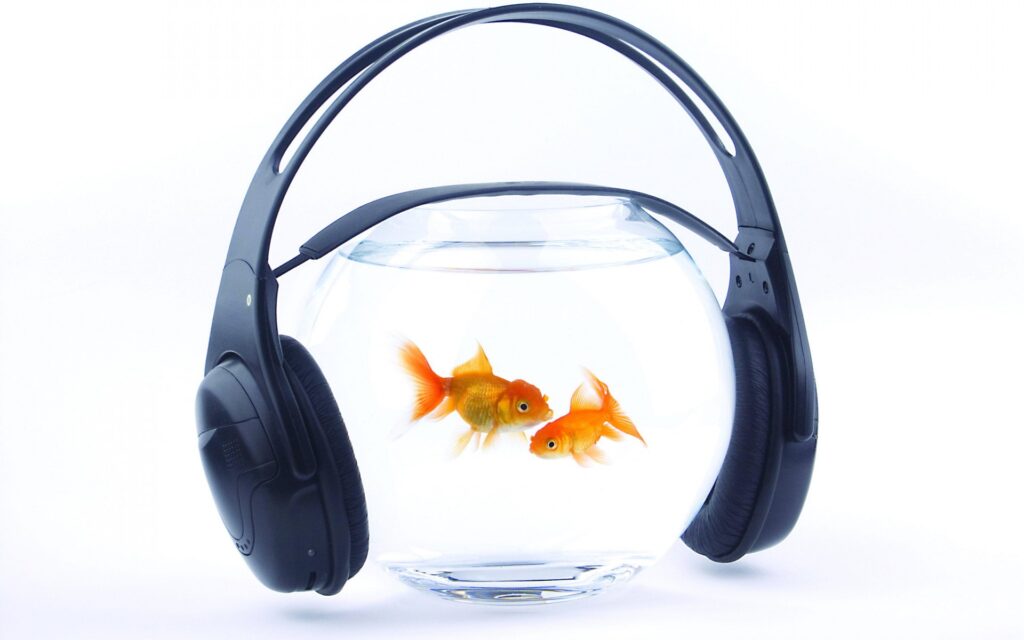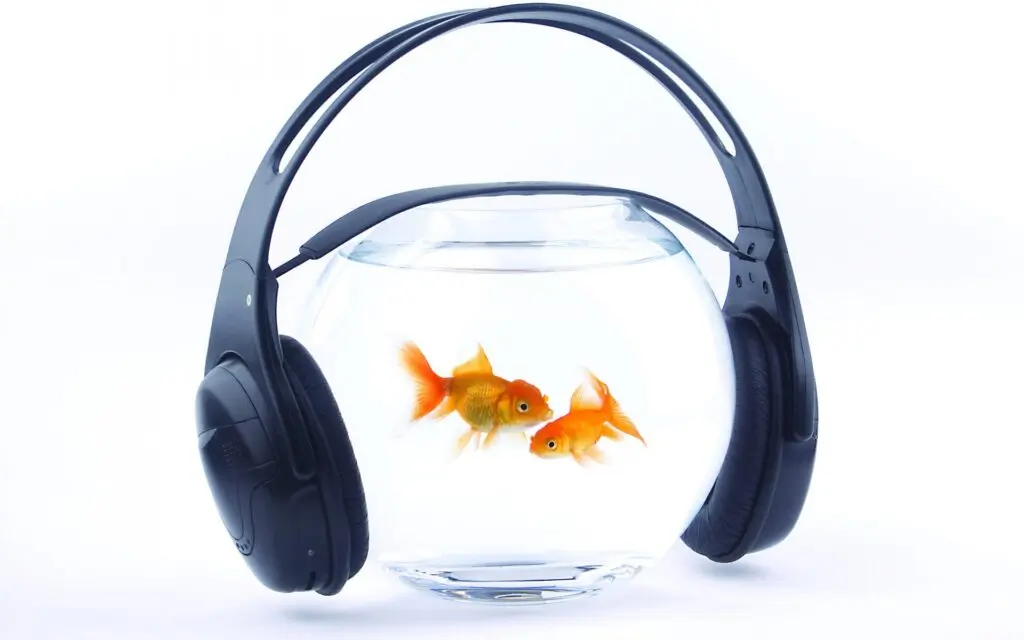BRETT FRENCH | bfrench@billingsgazette.com
Montana upland bird hunters would get a 10-day head start on nonresidents in 2026 under a bill passed by the Montana Legislature that now awaits the governor’s signature.
Senate Bill 514, sponsored by Sen. Gregg Hunter, R-Glasgow, would not apply to mountain grouse or to privately owned lands that are not a part of a hunting access program, a concession to outfitter concerns.
The legislation may be one of the most visible for the state’s hunters at the end of a session that saw 191 bills relating to fish and wildlife originally tossed into the mix.
Eighty were eventually introduced under that specific heading, according to the Legislature’s bill tracking website.
Montana Fish, Wildlife & Parks’ staff is still “busy looking through what was passed by the Legislature and signed by the governor and planning for how to implement those changes,” an agency spokesman said.
One of the items FWP will be dealing with is a study of nonresident hunters. HB 568 will require the agency to assess nonresidents’ impacts on the hunting season structure, license allocation and Block Management hunter access program.
Crowing about crowding
Montana hunters have been voicing concerns about nonresidents crowding their favorite spots for years. FWP officials have been attempting in various ways to help.
In early 2024, the Fish and Wildlife Commission proposed pushing back the nonresident upland bird hunt but faced stiff opposition from nonresidents and outfitters. In the end, the commission voted down the proposal citing, among other things, that it could set a precedent for big game hunts.
During the 2023 session, a bill was introduced to curtail nonresident bird hunters’ presence in the state to 28 days. One Eastern Montana legislator opposed the measure touting nonresidents as better economic drivers for rural economies. Other attempts to limit nonresident hunters in the 2023 session were also shot down.
There’s no doubt when it comes to FWP’s license revenue, nonresidents drive the bus by contributing 75% of the license fee dollars to the agency, according to 2023 figures. Residents have countered they pay in other ways, including supporting Montana communities with their paychecks and tax dollars.
The controversy has grown since the pandemic, as nonresident hunting license sales have increased, as has nonresidents’ time afield. According to FWP figures, from 2014 to 2023, nonresident hunting license sales grew by more than 97,700 compared to resident sales climbing by about 39,000.
When it comes to upland bird license sales, however, the opposite is true. In the same time period, resident sales have climbed by more than 30,000 while nonresident license purchases have increased by 8,000.
Complicating the issue is the decline in acreage open to public hunting as enrollment in the Block Management Program, which pays landowners to provide public access, has fallen by almost 900,000 acres since 2013.
In FWP’s Region 6 management area in northeastern Montana, almost half the hunters on Block Management were from out of state in 2023, while 39% of people who utilized the program in southeastern Montana’s Region 7 were nonresidents.
Block Management solutions
Legislators have responded with some Block Management solutions.
HB 145, which has been signed by the governor, will increase Block Management funding by raising the price of nonresident hunters’ base license fee from $15 to $50. The increase should provide $3.38 million to the access program, an increase of more than $2.54 million if license sales remain the same.
As originally proposed by Rep. Gary Parry, R-Colstrip, the bill would have increased the base license fee to $100, which drew protests from the Montana Outfitters and Guides Association. Following the session, lawmakers agreed to amendments proposed by the governor to cut the increase, sparking an outcry from some conservationists after the bill had passed the Montana House 99-0 and the Senate 44-5.
Another access-friendly bill, HB 763 sponsored by Rep. Joshua Seckinger, D-Bozeman, provides up to $25,000 in Block Management funds to secure permission from a landowner for access to isolated tracts of state and federal land.
Devin O’Dea, of Montana Backcountry Hunters and Anglers, called the bill a “commonsense, Montana-grown solution to one of our state’s longest-standing outdoor challenges: landlocked public lands.”
More bucks for birds
Upland bird hunters will also see the benefits of an increase in funding for FWP’s Upland Game Bird Habitat Program under HB 372.
Sponsored by Rep. Tom France, D-Missoula, the legislation increases hunting license fees. Montanans will see an upland license climb from $2 to $4.50. The nonresident fee increases by $17.
The higher fees are projected to increase funding to $1.5 million for the program that as of August 2024 had undertaken 475 projects to enhance upland habitat on 350,000 acres. Through the program, the public also gains access to 700,000 acres of land, according to FWP’s report to the Legislature.
Upland hunters concerned about dog trainers conditioning birds before the season opens may see some relief. Under HB 450, sponsored by Rep. Eric Albus, R-Glasgow, trainers will now be required to purchase a license that requires the number of dogs being trained to be listed.
Although the licenses aren’t expensive, $5 for residents and $10 for nonresidents, the Fish and Wildlife Commission can limit the number of licenses issued. The fee does not apply to dogs being trained on captive birds.
The law should help FWP get a better understanding of how many bird dogs are being trained on public lands. Some residents have complained to commissioners about professional bird dog trainers having several dogs, but exact numbers have been unavailable.
Fish pond bill passes
When it came to water-related issues, Clayton Elliott of Montana Trout Unlimited said the session was productive “in terms of building on our toolbox for cold-water resiliency.”
“Those range from abandonment protections for water users involved in drought plans (like the Big Hole and Blackfoot) to an improved short-term water leasing statute to millions of dollars for water storage (existing and new),” Elliott wrote in an email.
One of the bills Elliott helped craft over the summer with the Environmental Quality Council, HB 74 carried by Rep. Ken Walsh, R-Twin Bridges, dealt with raising fees for private fish pond licenses. Although the fees jumped around as different committees considered the legislation, the final increase will be $600 for new pond applications and $250 for renewals and license transfers.
The goal was to cover the costs for FWP as more and more private ponds are installed. Ponds contaminated by aquatic invasive species have been a problem in the past, but oversight is difficult with so many new ones installed and little control over what goes into the waterbodies.
“While these fees are not quite enough to cover the approximately $1,700 per application of processing cost, they do get the needle a lot further than where we were before the session,” Elliott said.
The fees hadn’t been adjusted since 1945, according to FWP.
“The state budget was a tremendous win for fisheries and water as well,” Elliott added. “Millions of dollars in stream gage funding, new dedicated resources for fish health and genetics at FWP, new resources for water leasing by FWP, nongame money for FWP, fully funded Habitat Montana.”
Mule deer concerns
Rep. Jedidiah Hinkle, chairman of the House Fish, Wildlife and Parks Committee, said he was disappointed to see HB 139 shot down, a bill he sponsored that would have created restrictions to closing buck mule deer hunts during the November general rifle season.
Although saying he didn’t expect it to pass, he was hoping to keep the issue alive long enough to make residents aware that others are pushing to limit or end the hunts during the rut when big bucks are most vulnerable.
“We did pass House Resolution 6, which is HB 139 in resolution form, urging the protection of the November mule deer hunt,” he added, although he’s concerned that’s not strong enough to prevent restriction or loss of the activity.
Overall, legislators and lobbyists praised the session’s work on fish, wildlife and habitat issues.
“I believe our House Fish and Wildlife Committee only tabled around 10 or less bills this session, which means we worked well in a bipartisan fashion,” Hinkle said.
“It was quite an outstanding session for hunters, wildlife and habitat,” France added.
O’Dea, of Montana Backcountry Hunters and Anglers, agreed, calling the session “one of the most successful and relatively conflict-free” the group had seen in some time – “particularly in relation to bipartisan progress on pro-conservation legislation that will have tangible impacts for hunters and anglers, both with regards to access as well as habitat enhancement.”
Photo via Getty Images

